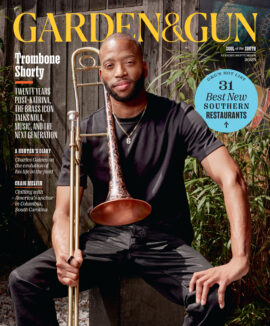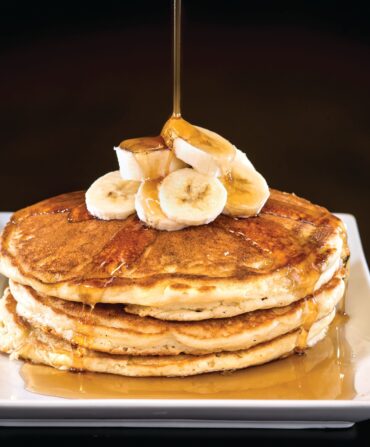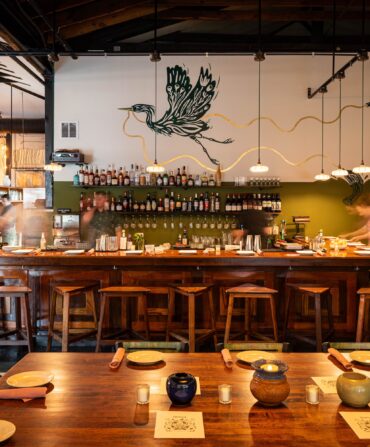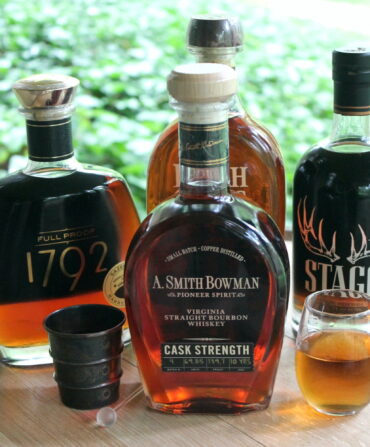The recipe calls for forty eggs. That’s right. forty. Not four. Holy cow, er, chicken.
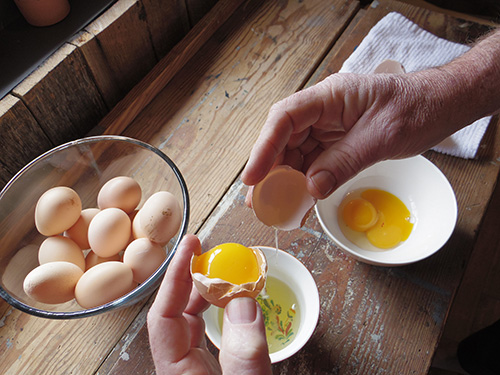
Jeannie Babb
That was my first thought when I stumbled on Martha Washington’s Great Cake recipe in a reprint of the Savannah Cookbook, a collection of colonial recipes originally published in 1933. The cake was so loved by her family that the first First Lady had her granddaughter, Martha Curtis, transcribe a copy that survives 234 years later in Mt. Vernon’s collections.
The Great Cake required such quantities of ingredients because it was intended for a crowd. Modern adaptations of the recipe reduce quantities by about three quarters, but, having a crowd of my own to feed (and hopefully impress), I wanted to prepare the cake as it would have been in the late 1700s, no exceptions: 40 eggs, 4 pounds of sugar as well as butter, 5 pounds of both fruit and flour, as well as brandy, Madeira, mace, and nutmeg.
“2 hours will bake it,” said the baking instructions. At what temperature, I wondered? And so, I began to improvise. In colonial days, cakes were baked at lower temperatures, often after bread, in beehive ovens. I did not have a colonial beehive oven. To hold the vast quantity of batter, Washington likely used a wooden cake hoop or “garth” lined with paper, which I imagined catching on fire. I baked mine at 350 degrees in two 17” cast-iron skillets. As it turned out, Washington’s timing instructions were in perfect order. Historic cakes dried faster, due to the lack of leavening, which in the Great Cake’s case comes only from eggs.

Washington’s original recipe did not call for icing, only lacing the cake with spices and booze, which I’d put in the batter. To serve, I left one layer in a skillet and plopped its twin atop it with buttercream frosting. Reality was setting in, and I wanted to ensure the cake got eaten. (Buttercream will do that.) I substituted blackberry whiskey and cheap champagne for the brandy and Madeira, too. History, I remembered, is open to interpretation and full of examples of people making do with what they have. The sheer magnitude of my Great Cake made up for its dryness, which I cannot deny. But the mace and nutmeg lent an aroma to every bite that made at least one person tell me that I had indeed made “a great cake.”
Click here for a modern Great Cake recipe.


